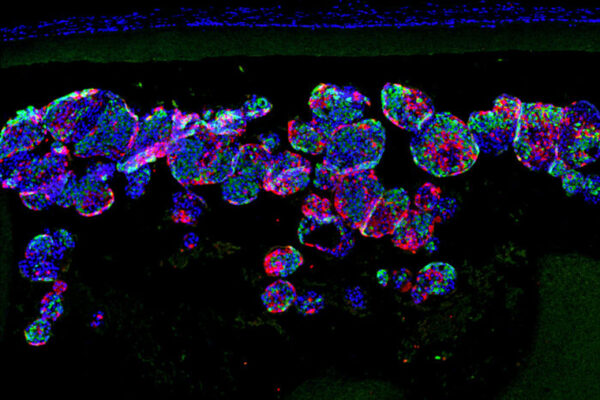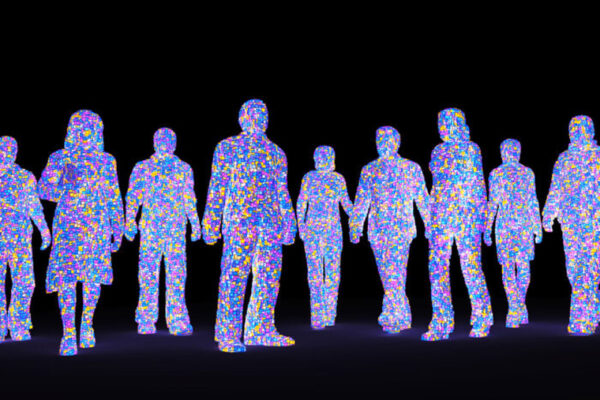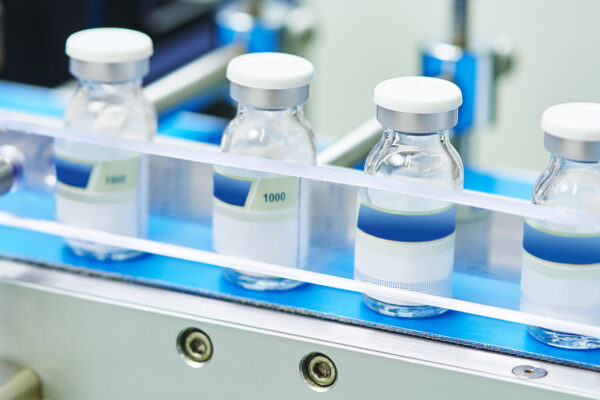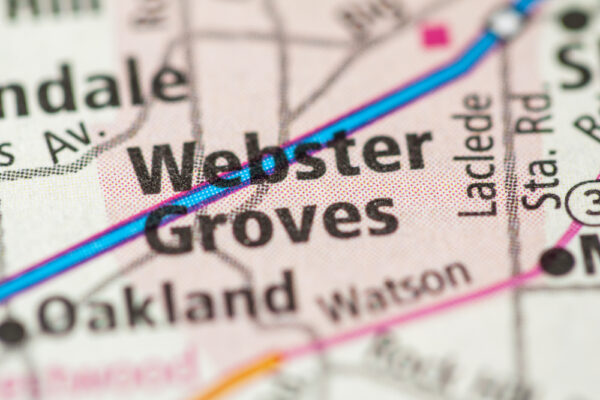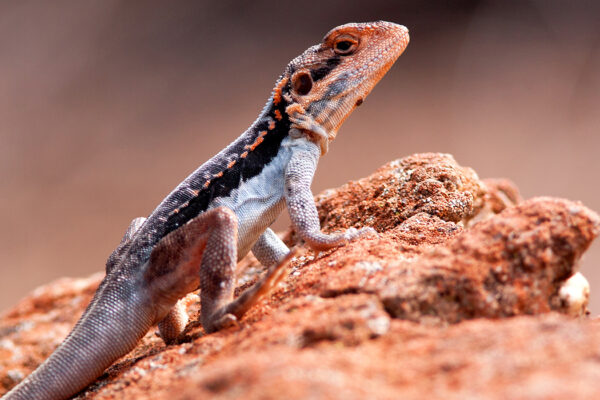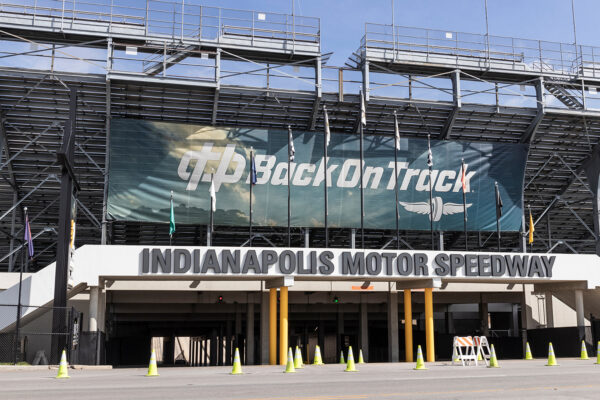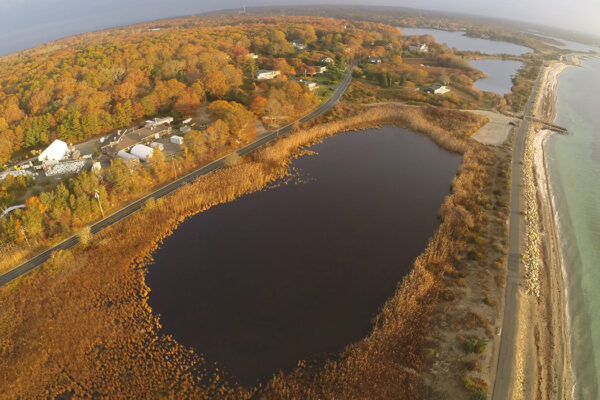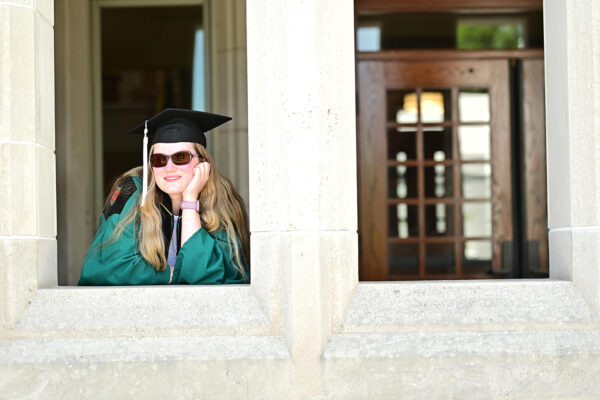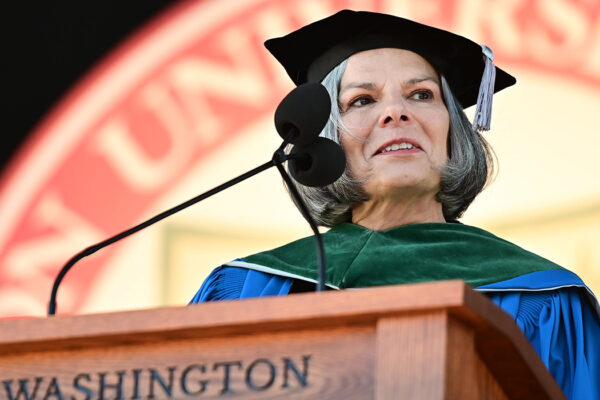Tiny implant cures diabetes in mice without triggering immune response
Researchers at Washington University School of Medicine and Cornell University have implanted insulin-secreting cells into diabetic mice to normalize their blood sugar.
Synthetic data mimics real health-care data without patient-privacy concerns
Washington University investigators now have access to a new research tool that allows them to conduct clinical studies using synthetic patient data. Synthetic data produced by the new tool, called MDClone, accurately mimics real patient data without the privacy concerns.
Olin research: Incentivize domestic drug production to combat medicine shortages
Olin Business School’s Tony Sardella, along with Paolo De Bona, PMBA ’20, will join the Brookings Institution for a virtual public forum on June 11 to discuss their research on the shortage of critical pharmaceutical drugs in U.S.
Brown School works with Webster Groves to improve housing equity
Molly Metzger, senior lecturer at the Brown School, and students in her policy course have partnered with Webster Groves city council members and St. Louis’ Green City Coalition on a series of projects connected to the planning of community land trusts.
If I never knew you
A study with Australian reptiles establishes a new return-on-investment method of determining species that are a priority for taxonomic research: undescribed species that are likely already threatened.
Without requiring vaccines, filled stadiums are unsafe
“If vaccines or negative COVID-19 tests are required for attendees, 100% attendance is safe,” says the Washington University in St. Louis mathematician who helped derive the model used for fan-attendance risk analysis across many of America’s sports venues. “Without requiring vaccinations or testing, it’s not.”
A ‘jolt’ for ocean carbon sequestration
Global oceans absorb about 25% of the carbon dioxide released into the atmosphere when fossil fuels are burned. Electricity-eating bacteria known as photoferrotrophs could provide a boost to this essential process, according to new research from biologist Arpita Bose in Arts & Sciences.
Class of 2020 reunites for delayed Commencement ceremony
Nearly 1,400 members of the Class of 2020 returned to the Washington University campus on Sunday, May 30, to celebrate an in-person Commencement on Francis Olympic Field.
‘Stride boldly through the portal of the pandemic’
Julie L. Gerberding implores the pandemic Class of 2020 to apply the unique lessons it learned these past 15 months.
MEDIA ADVISORY: Washington University’s delayed in-person Commencement ceremonies for Class of 2020
Delayed by a year, Washington University in St. Louis students who graduated in 2020 will finally get their chance to experience the time-honored tradition of walking in their Commencement on Sunday, May 30.
View More Stories
